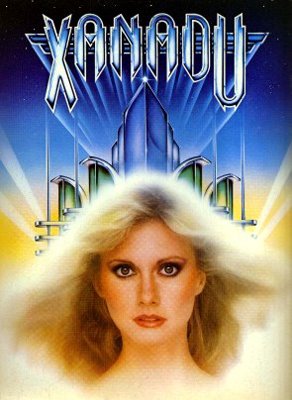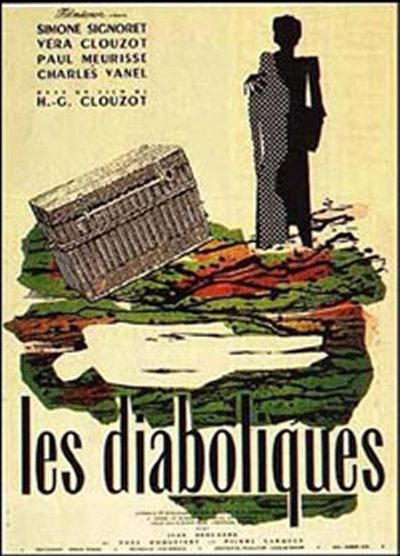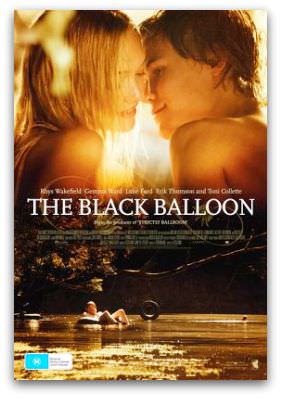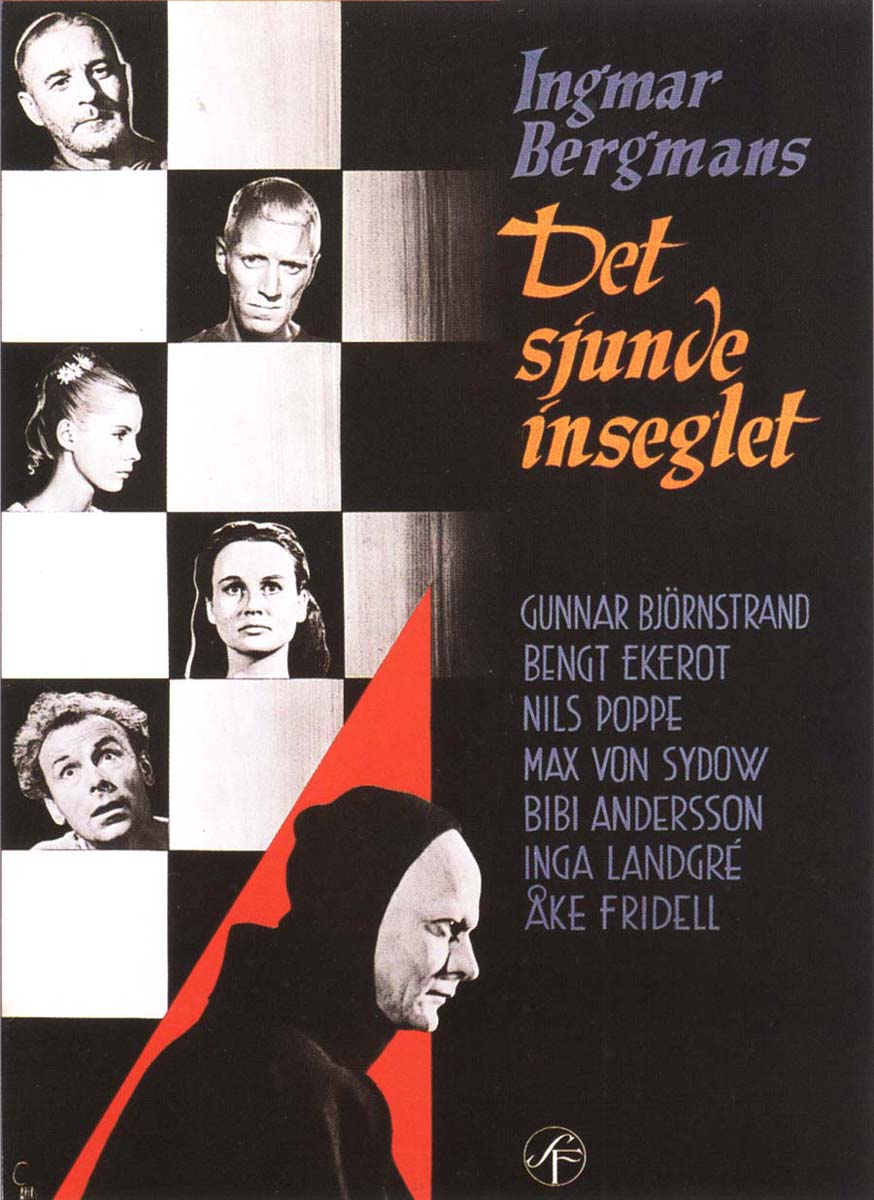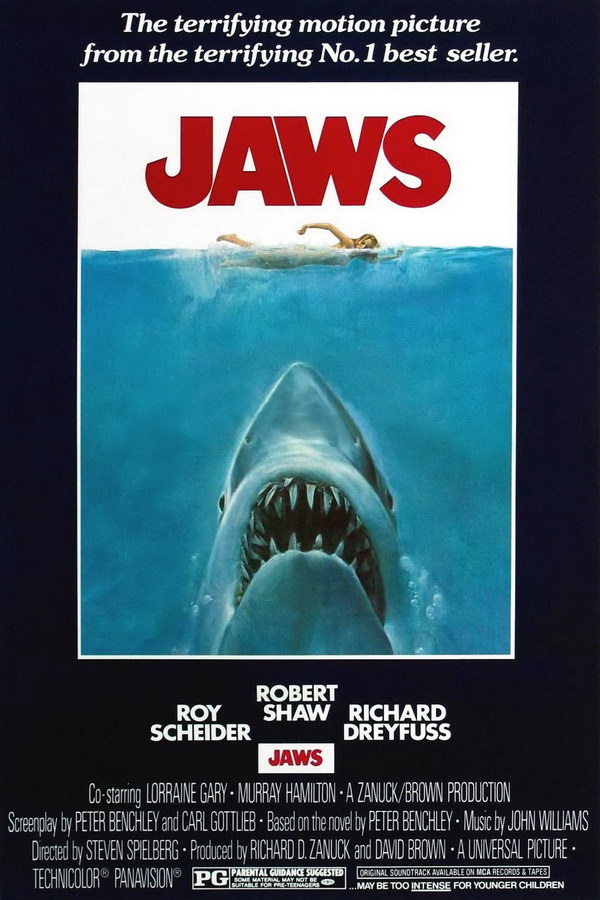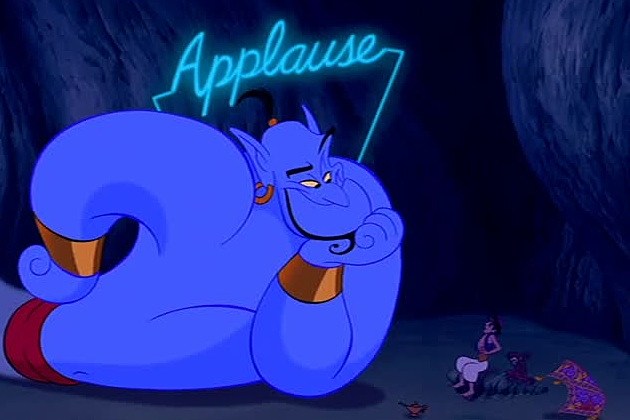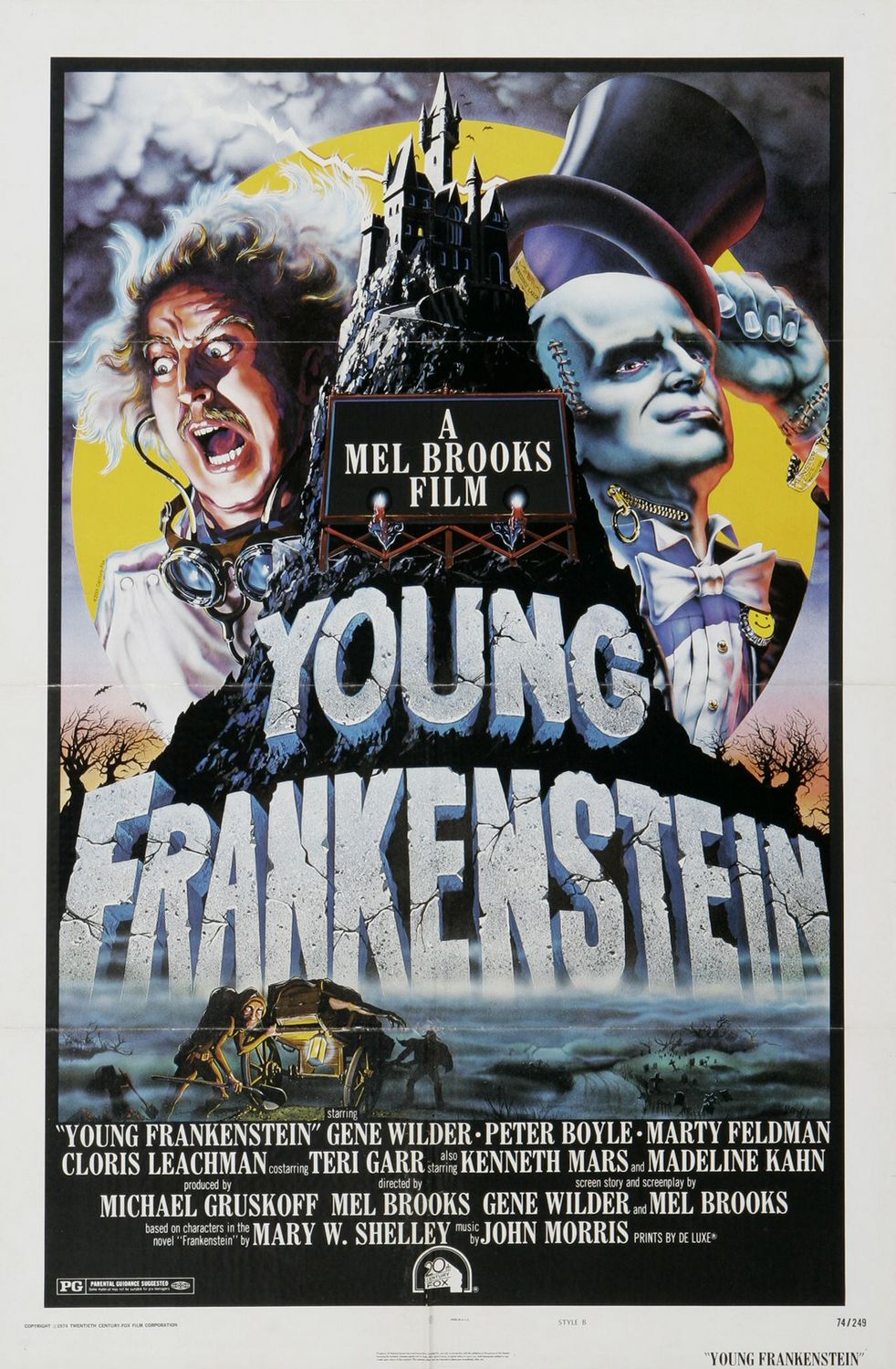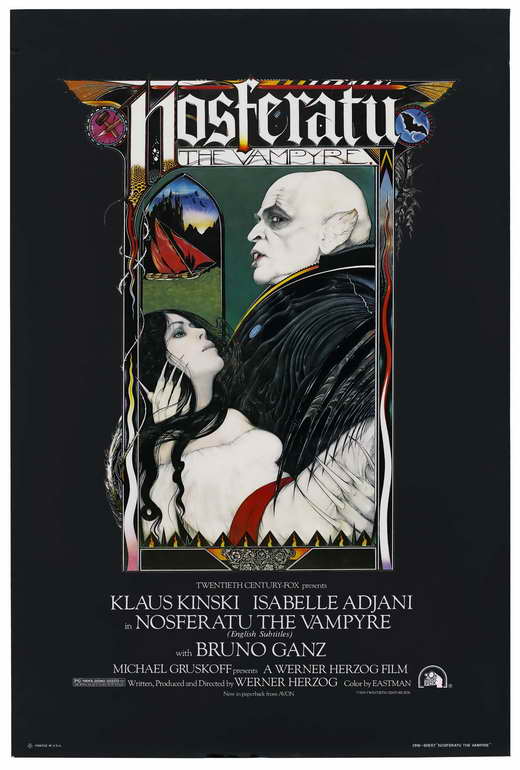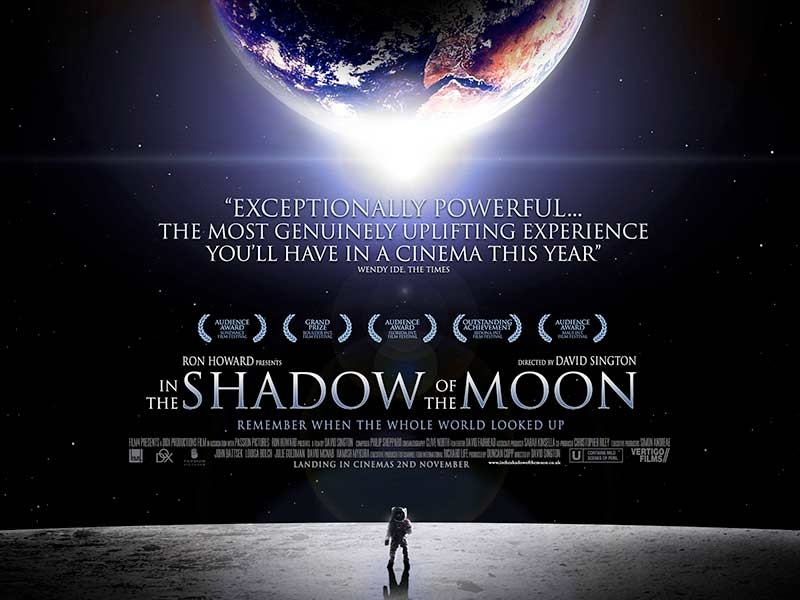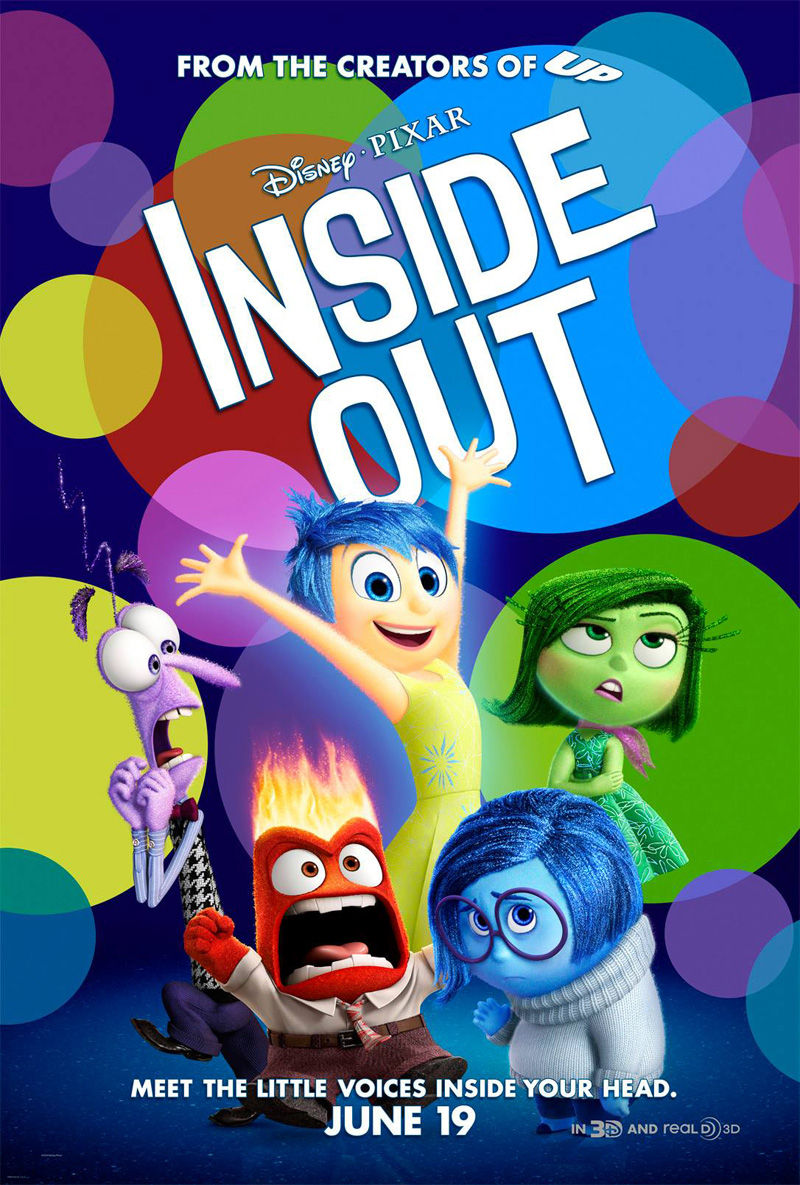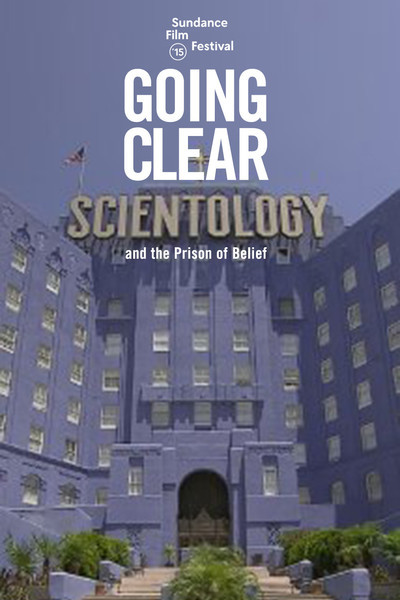
Director: Thomas Carter
This was yet another re-watch with my sister. I love dancing in general, and really enjoy seeing it on screen. I also like Juila Stiles as an actor, and so this film was always going to hold some value for me.
I have read the screenplay, which was slightly different. The racial themes, which are certainly present in the film, were at the story's heart in the script. It dealt with these themes and ideas in greater depth, which in the finished film were often nutted out in one scene: ie. Sara and Derek talking about there relationship. Sara's father was also more combative, while here he was simply held at arm's length by Sara. This is not a criticism, more of an observation; scripts always have to be cut-down. The film balances the story of a girl dealing with her mother's death, and being thrust into this new world really well.
The dance scenes are shot pretty well: we get to see a lot of movement and choreography. I did find my muscles twitching along as Derek teaches ballerina Sara how to dance Hip-Hop. As someone who dances both ballet and much looser styles (along with Jazz and Tap), I can appreciate how hard it would be to change the way you use your muscles.

